
Exciting new series on “Voice, Body and Movement for Lawyers – How to connect with the jury and find Justice Through Dramatic Technique!”
Click here to find out more
Intimate Partner Violence (IPV) is a serious preventable public health problem that affects millions of Americans and occurs across the lifespan. IPV (also commonly referred to as domestic violence) includes physical violence, sexual violence, stalking, and psychological aggression (including coercive tactics) by a current or former intimate partner (i.e., spouse, boyfriend/ girlfriend, dating partner, or ongoing sexual partner). The term family violence is broader and refers to a range of violence that can occur in families, including IPV, child abuse, and elder abuse by caregivers and others.
This continuing legal education course will assist you in representing a client that is a victim of intimate partner and provide guidance if children are involved. Provided in this course are the common signs of intimate partner violence coupled with screening tools that may be utilized to determine the pattern and extent of the violence the victim has endured. Moreover, this course provides how healthcare professionals can aid an IPV victim in documenting the abuse the victim sustained and how the victim’s medical record can serve as evidence. Healthcare professionals are considered mandatory reporters, this course will identify what circumstances the healthcare professional is required to report to children’s and adult protective services and law enforcement.
Learning Objectives - After completing this continuing legal education course, participants should be able to:
• Recognize all types of intimate partner violence and all forms of child abuse.
• Describe the protections in the federal Violence Against Women Act and locating your state’s law and resources.
• Define nationally recognized screening tools to document the pattern and types of abuse an intimate partner has encountered and if a child is involved if the child has experienced abuse by the perpetrator.
• Prepare to file a protection order for a client and identify the various requests to incorporate into the protection order.
• Identify what circumstances a healthcare professional as a mandatory reporter is required to report to children’s and adult protective services and describe the role of Children’s Protective Services.
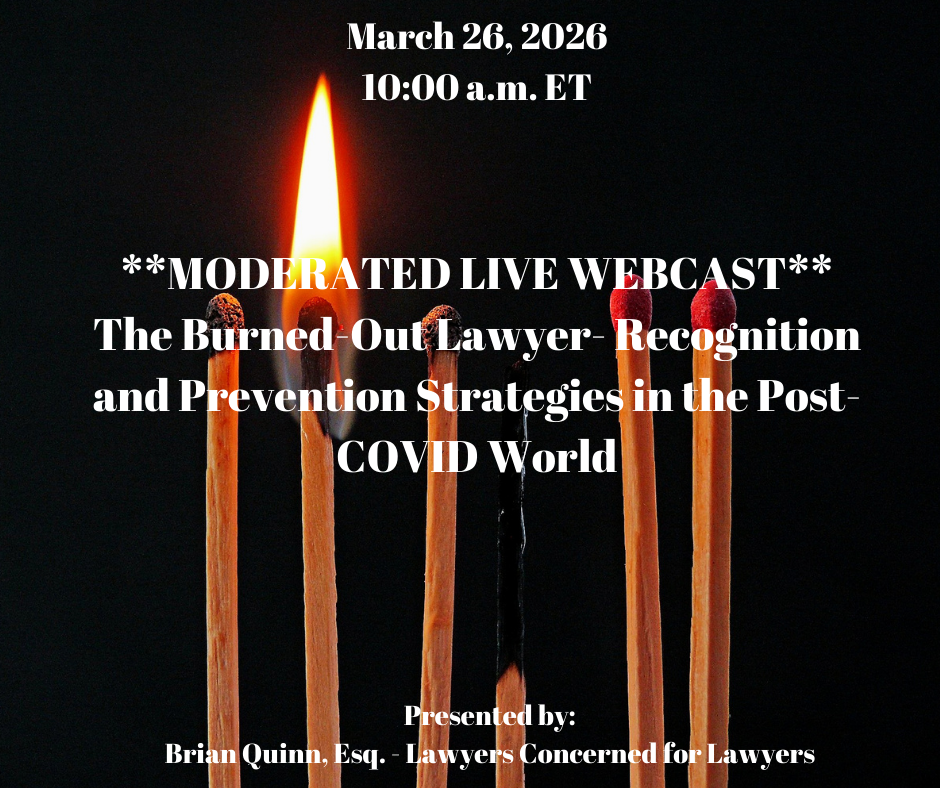
If there is one word we heard during our journey through the pandemic and continue to hear more than...

Part II builds on the foundation established in Part I by examining how classical rhetorical styles ...

This program will address some of the most common intellectual property (IP) issues that arise in co...
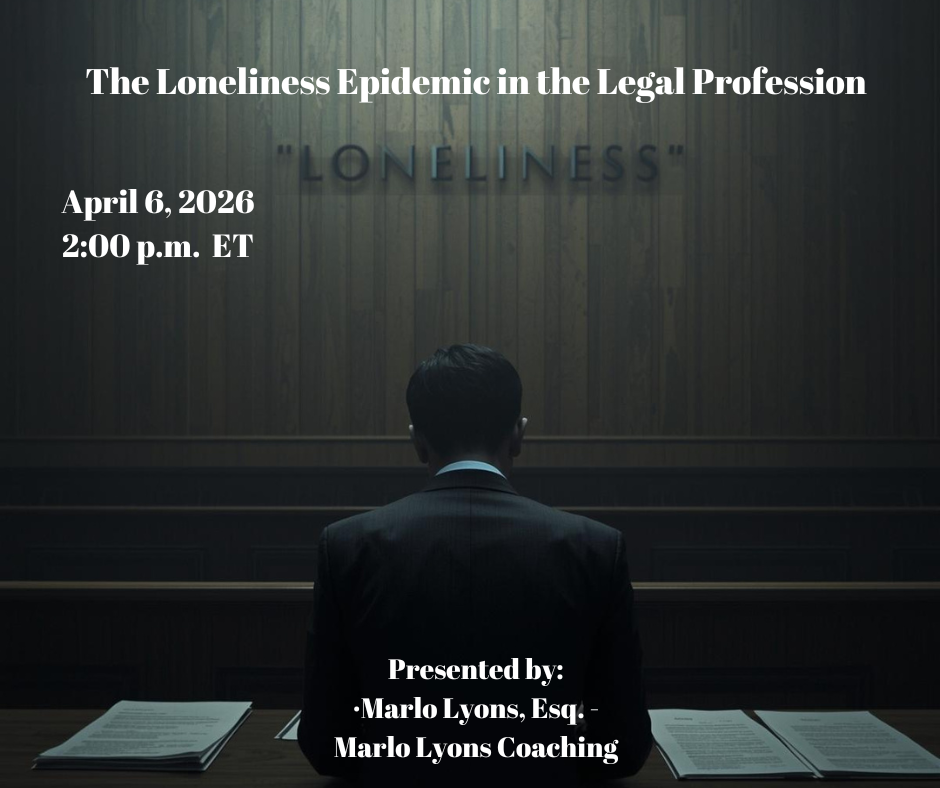
Loneliness isn’t just a personal issue; it’s a silent epidemic in the legal profession t...
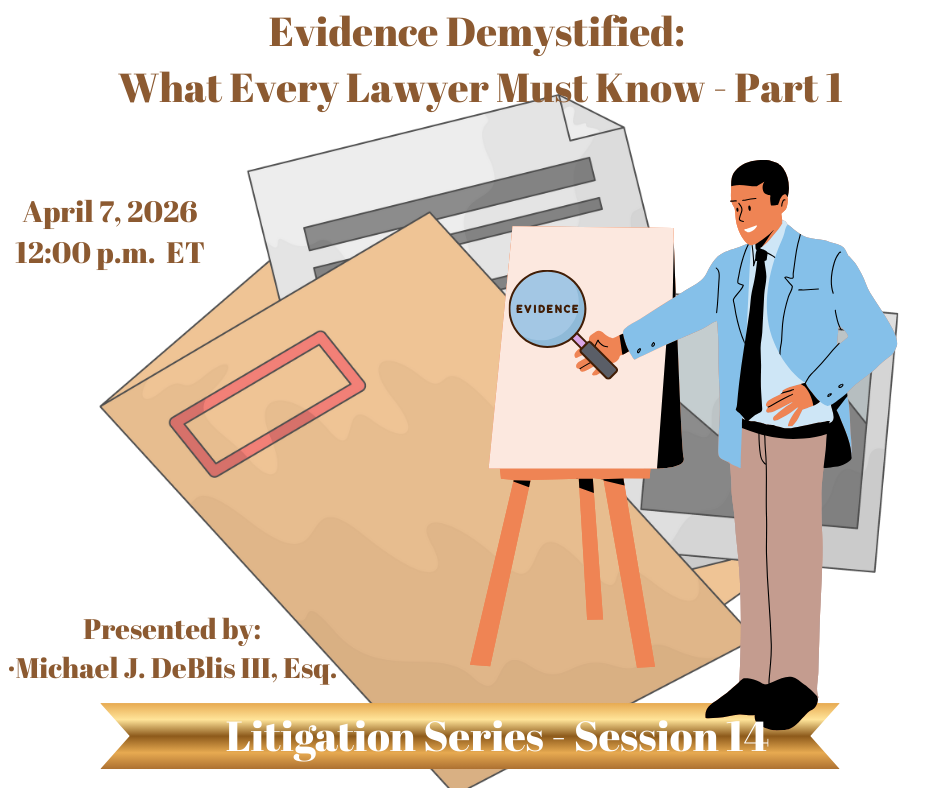
Evidence Demystified Part 1 introduces core evidentiary principles, including relevance, admissibili...

This presentation teaches attorneys how to deliver memorized text—especially openings and clos...
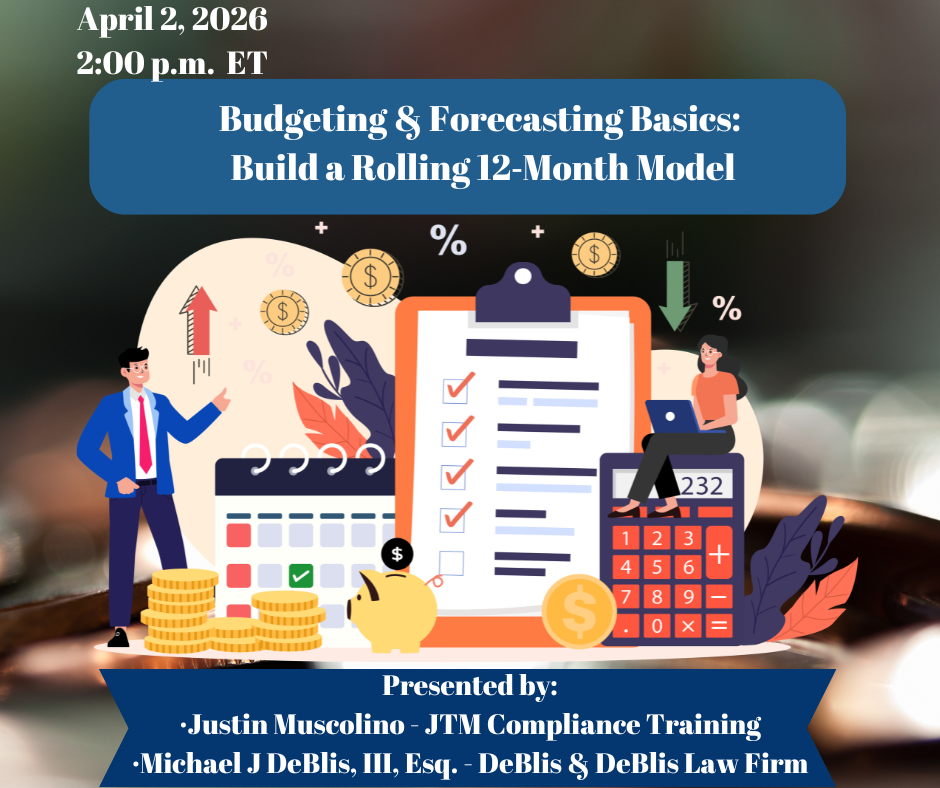
This CLE session introduces attorneys to budgeting and forecasting concepts used in corporate planni...

Attorneys are judged every time they speak—in client meetings, depositions, hearings, negotiat...
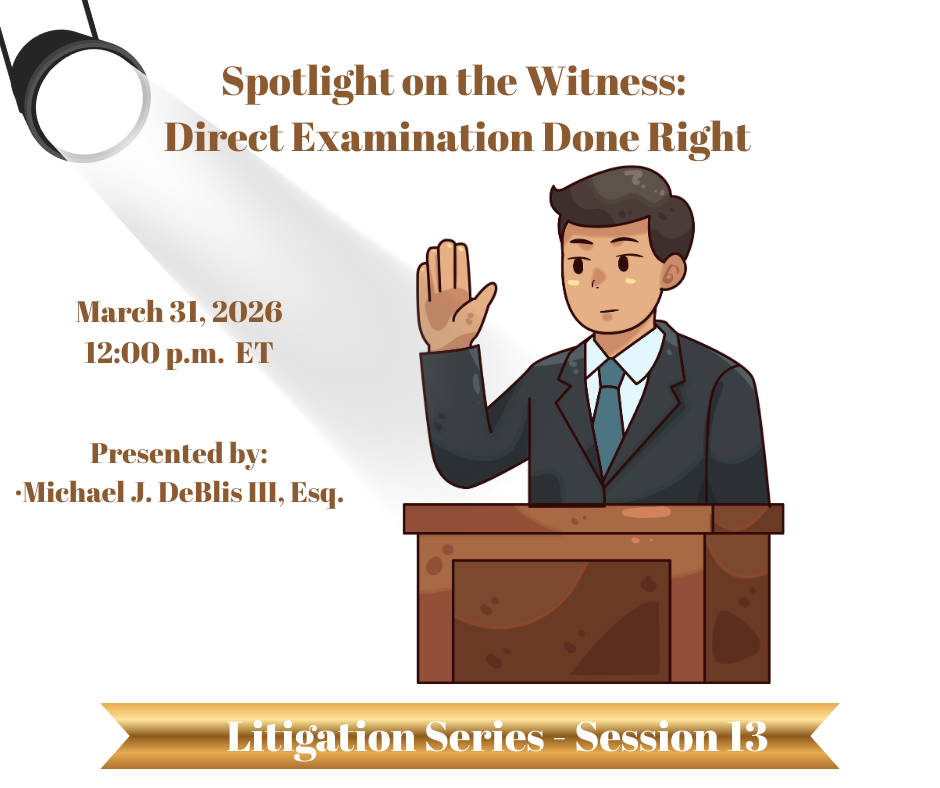
The direct examination presentation outlines how attorneys can elicit truthful, credible testimony w...
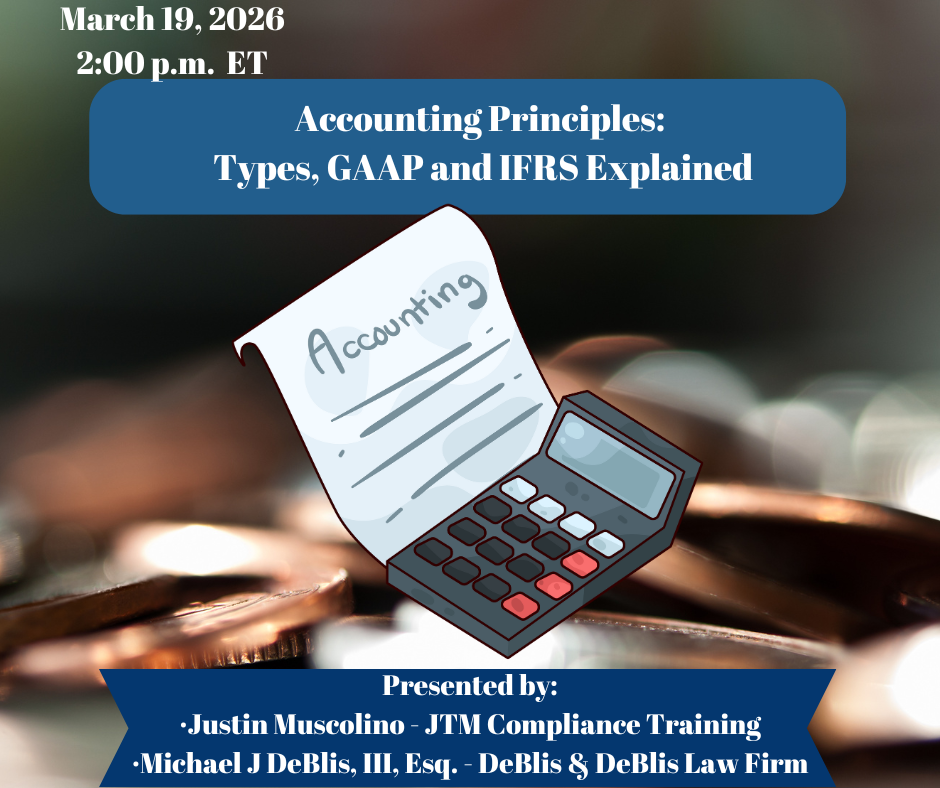
Attorneys will receive a comparative analysis of GAAP and IFRS with emphasis on cross-border legal c...